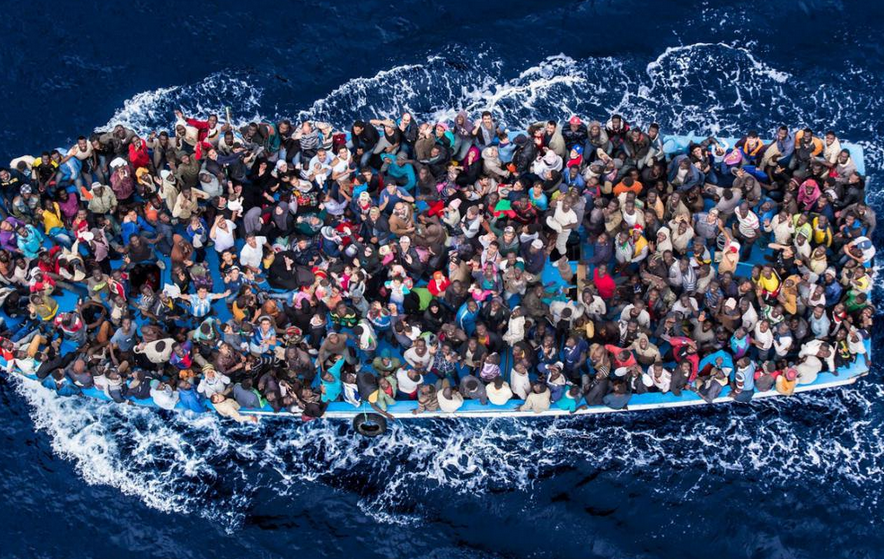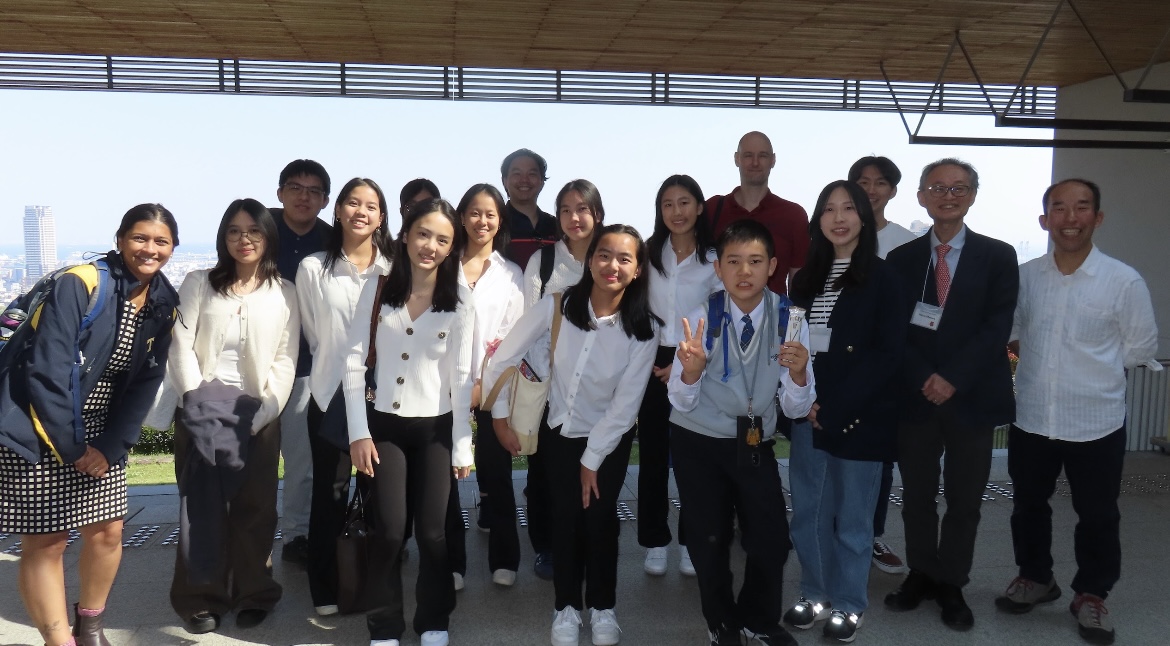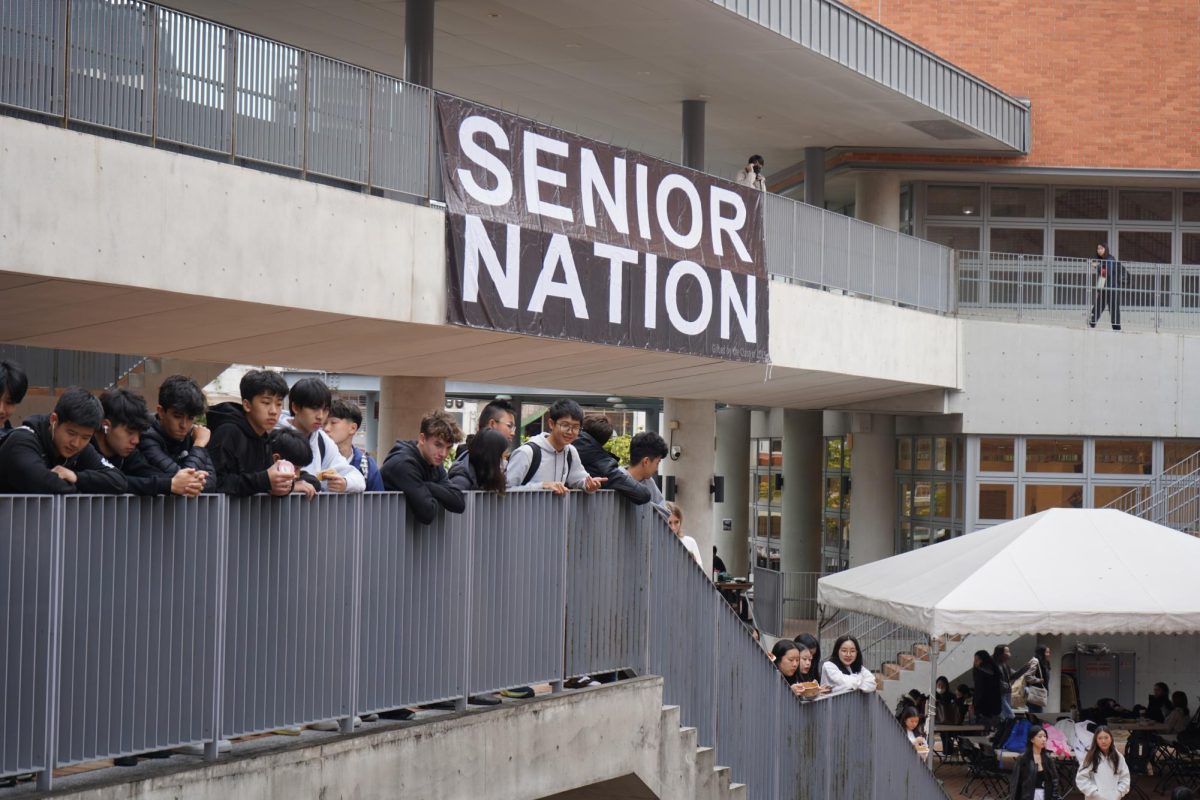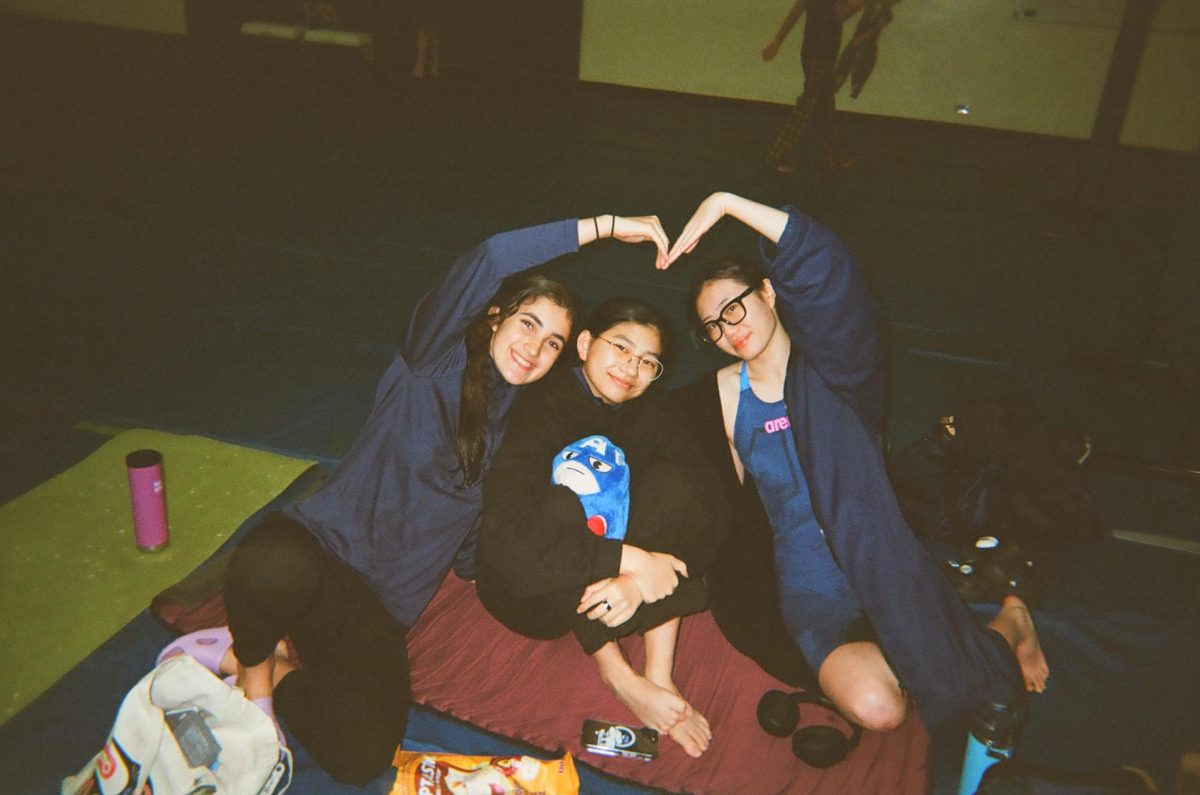12 year old Ahmed lives in fear. For months, he has lived in a tent at a migrant camp in Calais, France. Earlier this year, his parents sent him alone to France from his village in Afghanistan to remove him from the danger posed by the major destabilizing forces in the area: the Taliban and the Islamic State. His brothers and parents are still in Afghanistan because his family could only afford to send one child away. He has been trying to get into the UK, but the police have stopped him again and again. Ahmed is just one of the 600 children who stay in Europe’s biggest slum, the Calais camp and these children make up just a small number of refugees globally.
There are currently 65.3 million forcibly displaced people in the world. This could make up the world’s 23rd largest country based on population, and the majority of these people are not living with the most basic necessities.
The dire refugee crises currently ongoing require strengthened support from governments and individuals alike. However, the term “refugee crisis” itself seems to do no more than describe a phenomenon, a problem that exists. It probably instigates no more an emotional or visceral response than one which you would get when you consider another word describing a life-threatening situation – war, for example. Whilst we all agree that it is a problem that refugees cannot have access to the most basic necessities to lead a minimally good life, or to even survive, some of us are perhaps compelled to not care very much because the “refugee issue” seems so far-reaching and immediately irrelevant.
To better understand why we should care, we can turn to philosophical justifications which provide us frames for thinking about the issue. Consider the hypothetical posed by philosopher Peter Singer. A child falls into a river and begins to drown. A man notices the drowning child and considers rescuing him at the expense of dirtying his brand new Nike Mags. Under this scenario, Singer argues that the importance of saving a child outweighs the cost of getting one’s clothes muddy; thus most refuse to consider the condition of the shoes any excuse for not saving the child.
In the current state of affairs, we can draw a direct parallel between this hypothetical and the ongoing refugee crisis. The man who sees the drowning child is symbolic of the governments and individuals who are capable of helping. The drowning child is symbolic of the numerous refugees needing help. But what complicates the situation this time, is governments’ concern that they invest resources into helping refugees at the expense of reducing their own national, political, economical, or social advancements, not just a single pair of shoes. But just as we would frown upon a choice to prioritize shoes and a few minutes of time over a child’s life, we should frown upon a choice to prioritize national development over the lives of refugees. Even if there are extra layers adding to the scope and dimension of this issue, that doesn’t negate governments’ and individuals’ duty to help.
Even if we can understand this hypothetical posed by Singer, it’s perhaps, still quite difficult for us to empathize with refugees as a whole. Without actual experience, we can only intellectualize what’s happening. Perhaps this lack of a strong empathetic feeling is what’s primarily limiting our motivation to help, but it shouldn’t dissolve us from our duty to alleviate the problem.
In fact, German philosopher, Immanuel Kant would argue we should not use empathy as a tool in guiding our moral decisions. He would say that what is important is for us to exercise our reasoning, the faculty that makes us distinct from other beings, in decision-making and in approaching all moral questions, including one such as the humanitarian crisis. Psychologist Paul Bloom extends on this idea. He suggests that in considering how to best distribute resources to help people, governments and individuals should use reason as opposed to empathetic feeling to make decisions. If we exercised our empathy, we would favor helping those in our most immediate vicinity, who are perhaps not in the most desperate need for help. To maximize the amount of assistance we can provide for those in need, governments need to use logic in their policy-making
Of course, the above are just two philosophical justifications for our need to support refugees. There are many other frameworks for considering this situation. But put most simply, refugees deserve our help because they are human, just like us. We need to exercise kindness on a much greater scale. If born in a different family, it could easily have been any one of us in the same situation.




![[PHOTO COURTESY OF PIXABAY]](https://blueandgoldonline.org/wp-content/uploads/2025/03/white-18227_1280-1200x803.jpg)

![[PHOTO COURTESY OF PIXABAY]](https://blueandgoldonline.org/wp-content/uploads/2025/03/fire-6706674_1280-1200x800.jpg)
